The University of Göttingen is an internationally renowned research university. Founded in 1737 in the Age of Enlightenment, the University is committed to the values of social responsibility of science, democracy, tolerance and justice. It offers a comprehensive range of subjects across 13 faculties: in the natural sciences, humanities, social sciences and medicine. With about 28,000 students and more than 210 degree programmes, the University is one of the largest in Germany.
New press releases
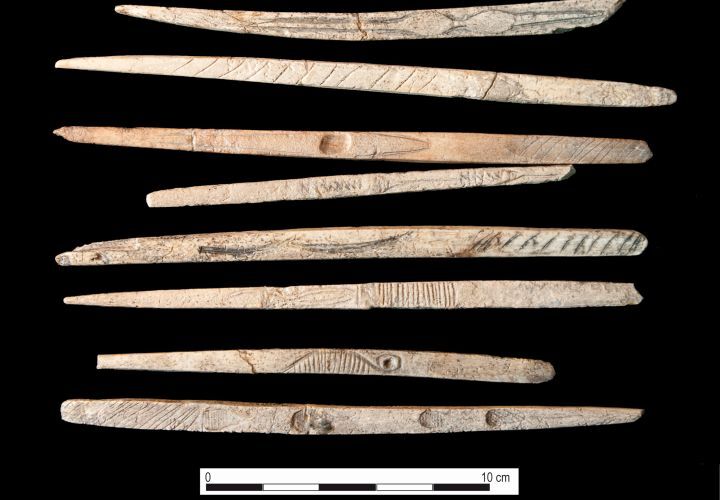
Evidence of cannibalism 18,000 years ago
An international research team including the University of Göttingen has gained new insights into the burial rituals of Late Ice Age societies in Central Europe. Signs of human remains from the Maszycka Cave in southern Poland being manipulated indicate systematic dissection of the deceased, as well as cannibalism. The research was published in Scientific Reports.
more…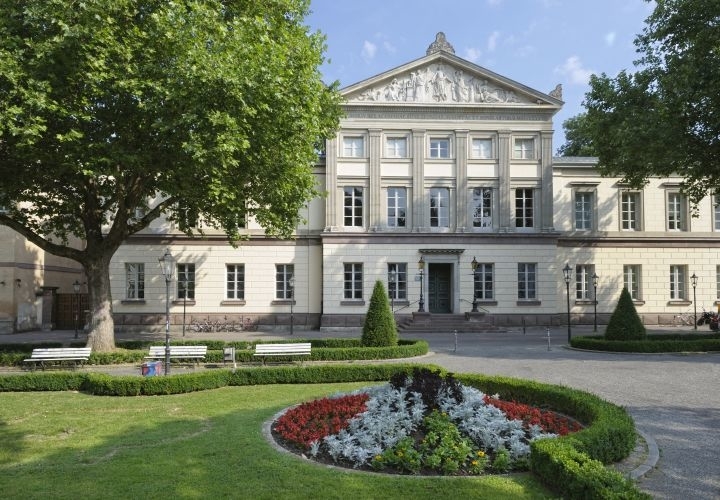
Göttingen University Senate elects interim president
At its special meeting today, the Senate of the University of Göttingen unanimously voted in favour of Professor Axel Schölmerich being appointed as interim president at the earliest opportunity. This is to bridge the gap until a new president takes up office. The University Foundation Committee still has to confirm the proposal.
more…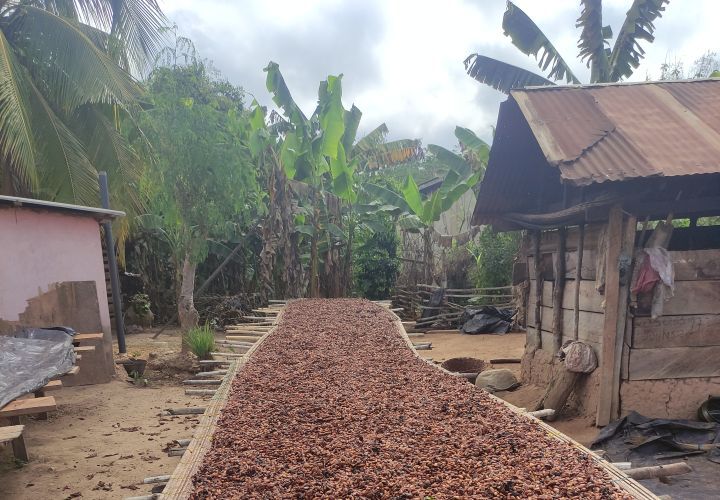
Protection for small-scale producers and the environment?
Sustainability certificates such as Fairtrade, Rainforest Alliance and Cocoa Life promise to improve the livelihoods of small-scale cocoa producers while preserving biodiversity on plantations. Researchers investigated whether sustainability certificates actually achieve both these goals. To find out, they carried out an analysis within the Ghanaian cocoa production sector. They found that certification improves both cocoa yield and cocoa income but they were unable to find any effects on biodiversity.
more…
A look into the dark
How can the latest technology, such as solar cells, be improved? An international research team led by the University of Göttingen is helping to find answers to questions like this with a new technique. For the first time, the formation of tiny, difficult-to-detect particles – known as dark excitons – can be tracked precisely in time and space. These invisible carriers of energy will play a key role in future solar cells, LEDs and detectors. The results were published in Nature Photonics.
more…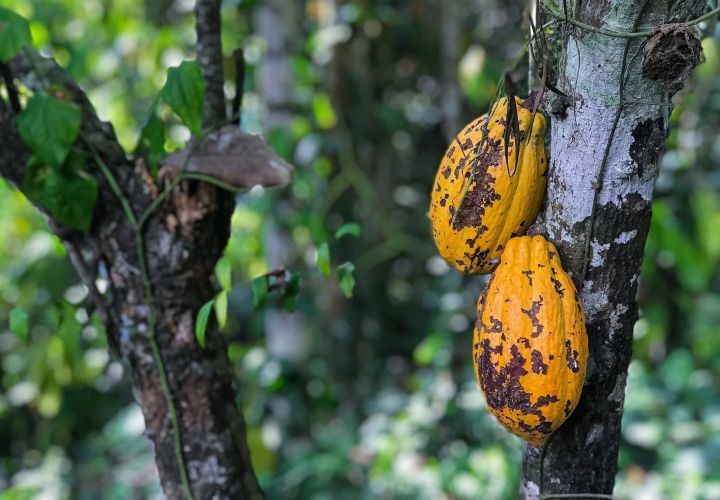
Promoting cacao production without sacrificing biodiversity
The productivity of cacao trees decreases with time, forcing farmers to renew their plantations by either cutting down the old trees or establishing a new crop elsewhere. Frequently, new plantations are established in areas of the forest that are thinned out to accommodate new, young cacao trees. However, this comes with high economic and ecological costs. An international team led by Göttingen University found that cacao grafting is a useful measure to rejuvenate cacao plants, increasing their yield and profits with minimal impact on biodiversity
more…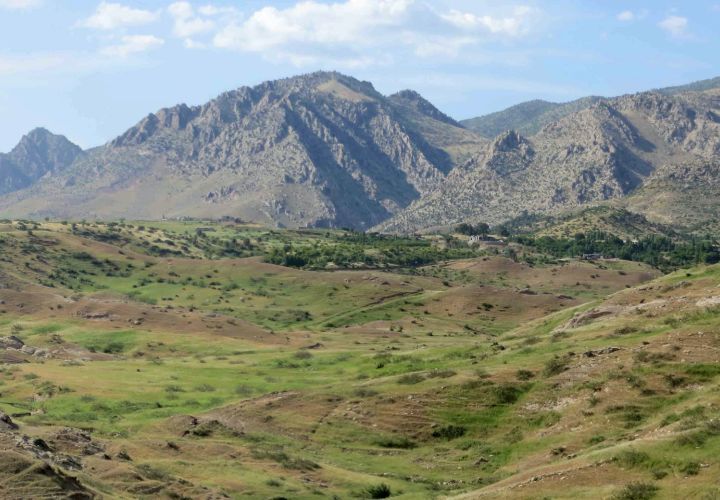
Oceanic plate between Arabian and Eurasian continental plates is breaking away
A research team led by Göttingen University investigated the influence of the forces exerted by the Zagros Mountains in the Kurdistan region of Iraq on how much the surface of the Earth has bent over the last 20 million years. Their research revealed that deep below the Earth’s surface, the Neotethys oceanic plate – the ocean floor that used to be between the Arabian and Eurasian continents – is breaking off horizontally, with a tear progressively lengthening from southeast Turkey to northwest Iran.
more…






















